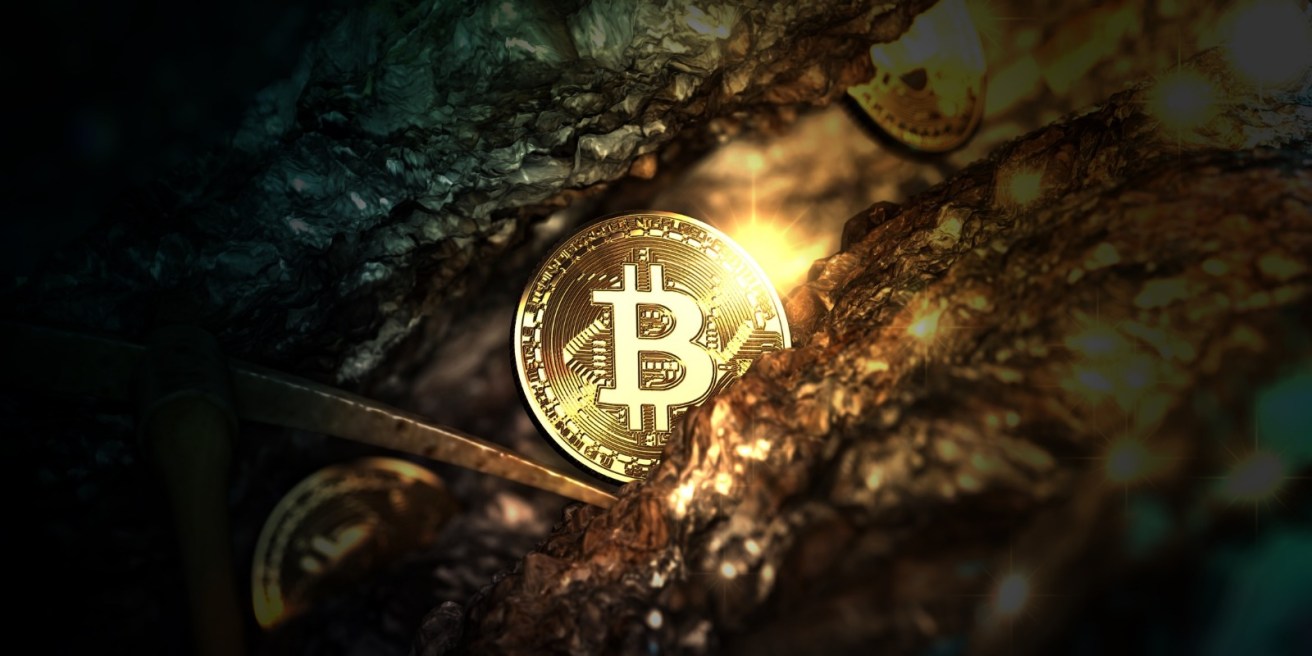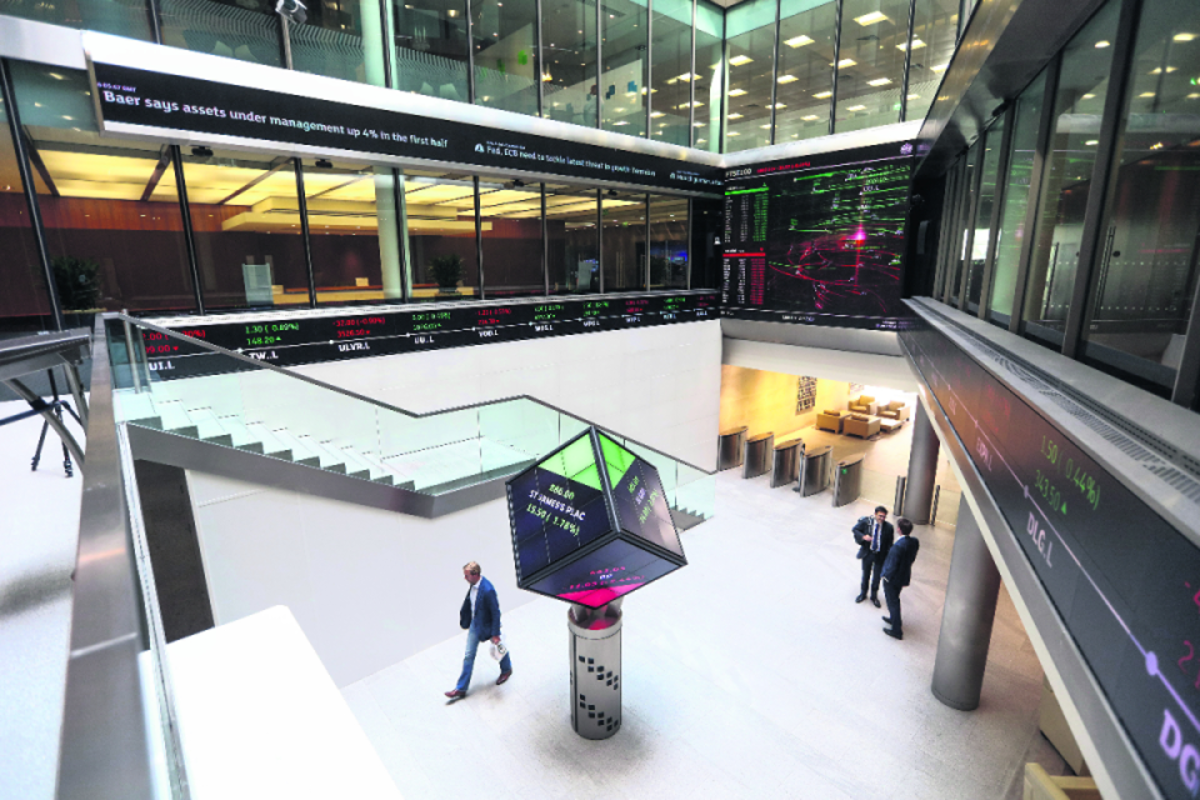Bitcoin halving time
Bitcoin (BTC), the world's most famous blockchain, is anticipating one of its significant, quadrennial recurring catalysts, "the halving," happening on 20 April 2024. This phenomenon is central to the blockchain's design and involves reducing the BTC rewards that miners receive for validating the chain by half.


Each month, Jasper De Maere, Research Lead at Outlier Ventures will zoom on trends and events happening in cryptocurrency and the broader ecosystem across public and private markets. Outlier Ventures is the global leading Web3 Accelerator and Investor.
Bitcoin (BTC), the world’s most famous blockchain, is anticipating one of its significant, quadrennial recurring catalysts, “the halving,” happening on 20 April 2024. This phenomenon is central to the blockchain’s design and involves reducing the BTC rewards that miners receive for validating the chain by half. Occurring every four years, it significantly impacts BTC’s supply and price action, as illustrated by the outcomes of the past three halvings and the positive price action of BTC and other digital assets in the months thereafter. With BTC currently accounting for approximately 53% (or ~$1.3 billion) of the total crypto market cap, this event is crucial for the entire digital asset space.
Why does it matter? The halving slashes the rewards miners receive for each successfully mined block. Currently, the block reward sits at 6.5 BTC and is distributed to the successful miner for every new block (approximately every 10 minutes), adding up to about 940 BTC added to the total supply every 24 hours. After the halving, this will be reduced by 50%, to 3.25 BTC per block, or about 470 BTC per 24 hours.
This reduction significantly impacts BTC’s supply side. First, it decreases the amount of new BTC entering the system daily, reducing inflationary pressure. Second, the halving makes mining less profitable, discouraging miners from immediately selling their BTC rewards on the market, especially when operational costs exceed the new mining reward, which varies for every miner based on location, energy and other input costs. These two factors limit the supply of new BTC entering the market, naturally driving up prices.
The 2024 halving is happening at a particularly interesting time. It is not the first major BTC catalyst we have seen in 2024. Those following crypto headlines are aware of the recent approval of the BTC spot ETF. In Q1 2024, BTC saw $12 billion in net inflows through these ETFs. Much of this demand has been offset by outflows from the Grayscale Bitcoin Trust (GBTC), which sold about $15 billion in Q1, absorbing a significant portion of the demand. However, at the current rate of outflow, it’s expected that the selling pressure from GBTC will cease in less than 100 days, further contributing to the supply-demand imbalance.
Reflecting on the price action following the halvings in 2012, 2016, and 2020, it’s tempting to be bullish. While history often repeats itself, past halvings typically align with a supportive macroeconomic environment and a healthy investor risk appetite. The macroeconomic landscape in 2024 is less clear-cut, yet with inflation rates decreasing (for example, Eurozone inflation was reported at 2.4% last week), expectations for interest rate cuts starting this summer are on the rise.
Combining the halving, the cessation of GBTC’s selling pressure and a supportive economic environment, suggests a positive outlook for BTC’s price action and the broader crypto market as we head into the second half of 2024.



